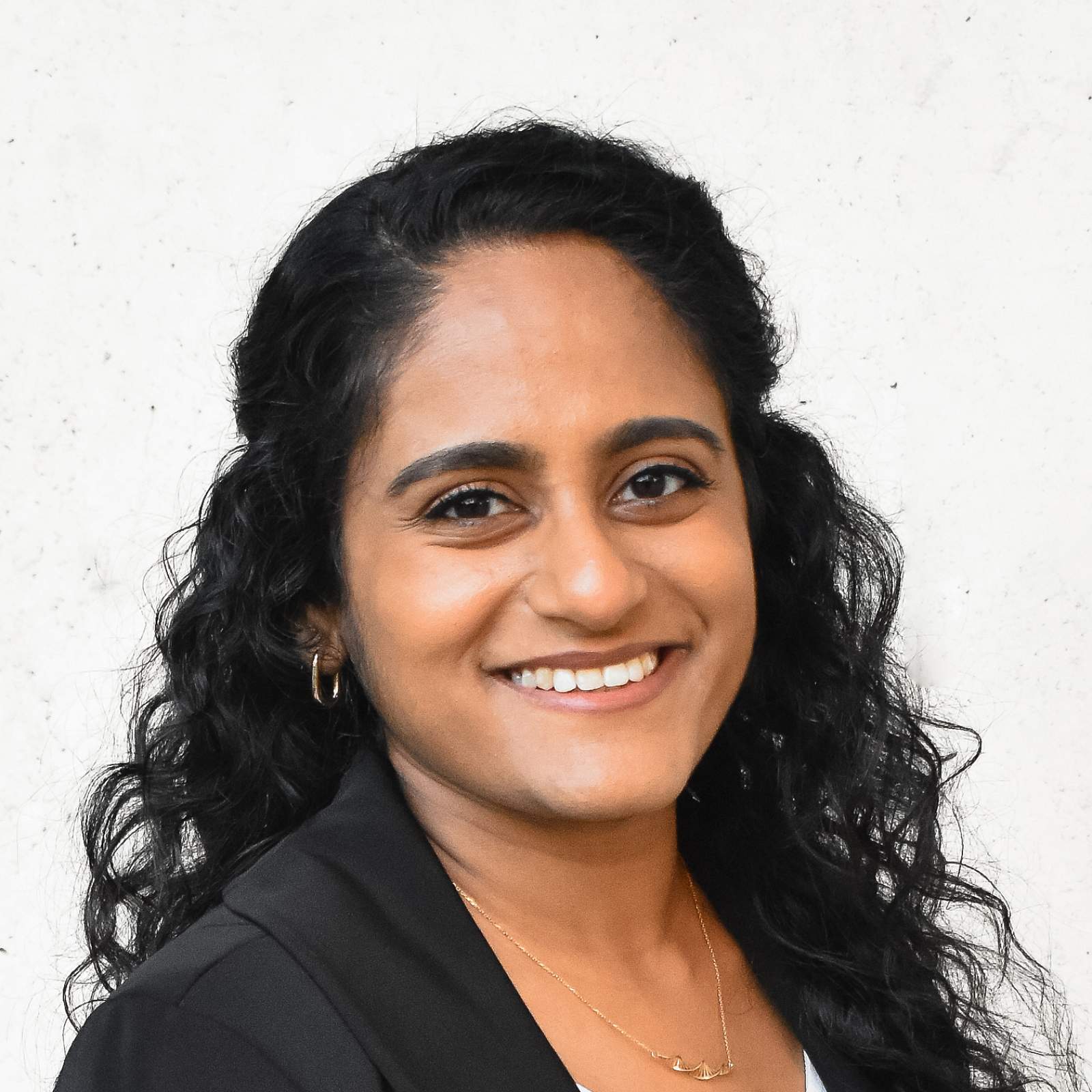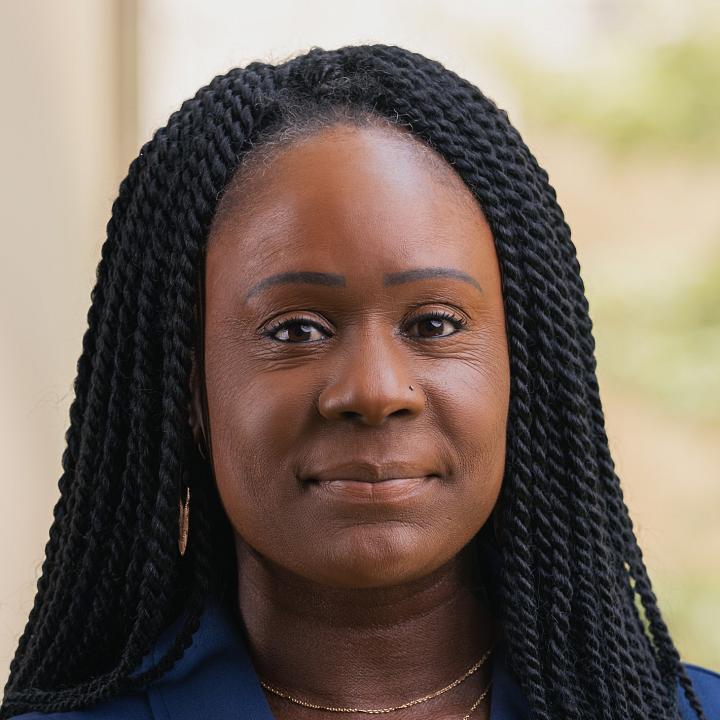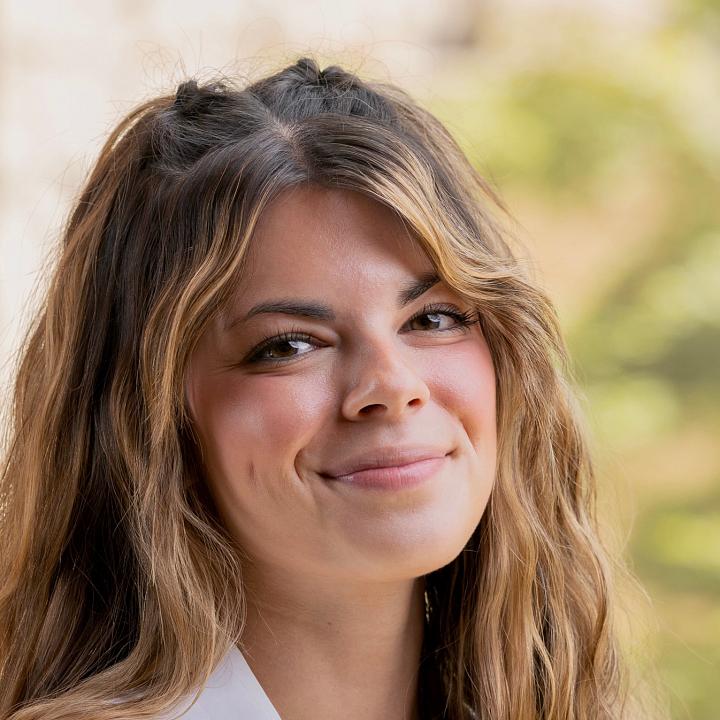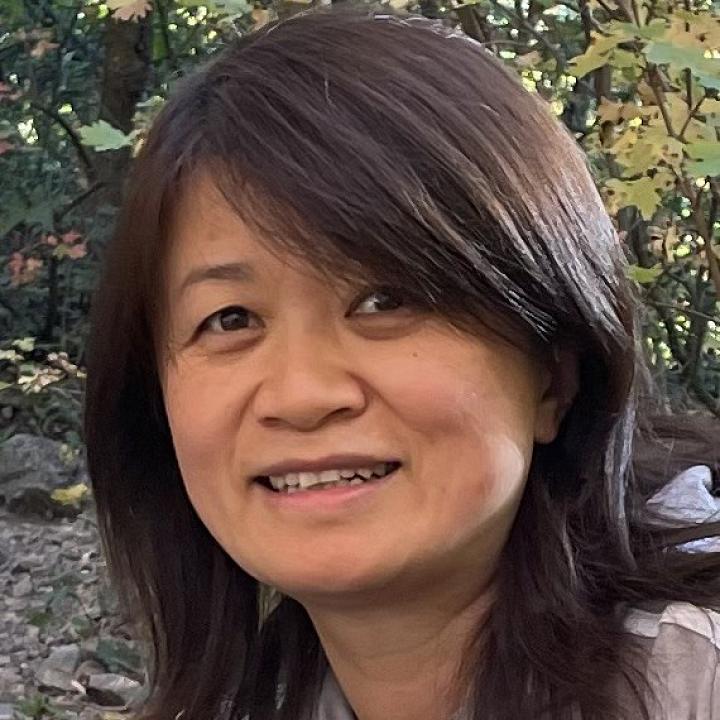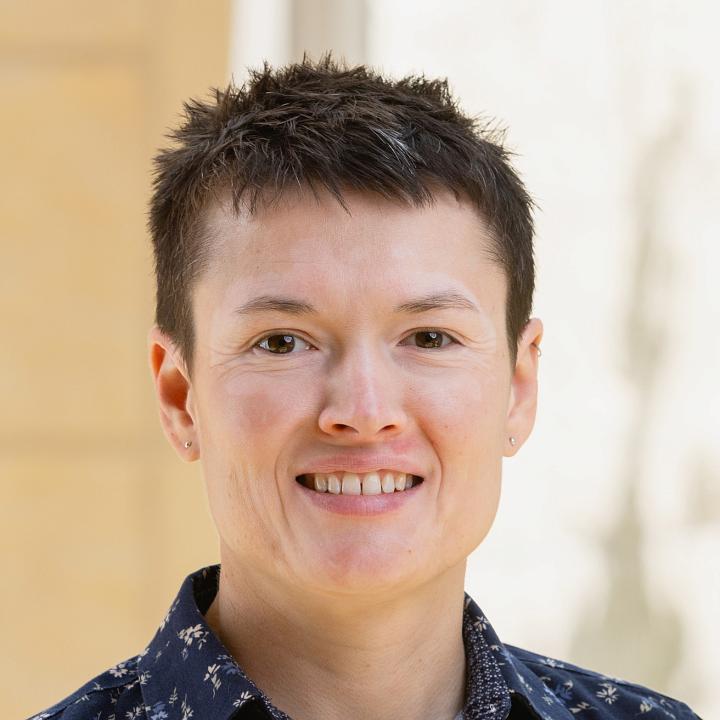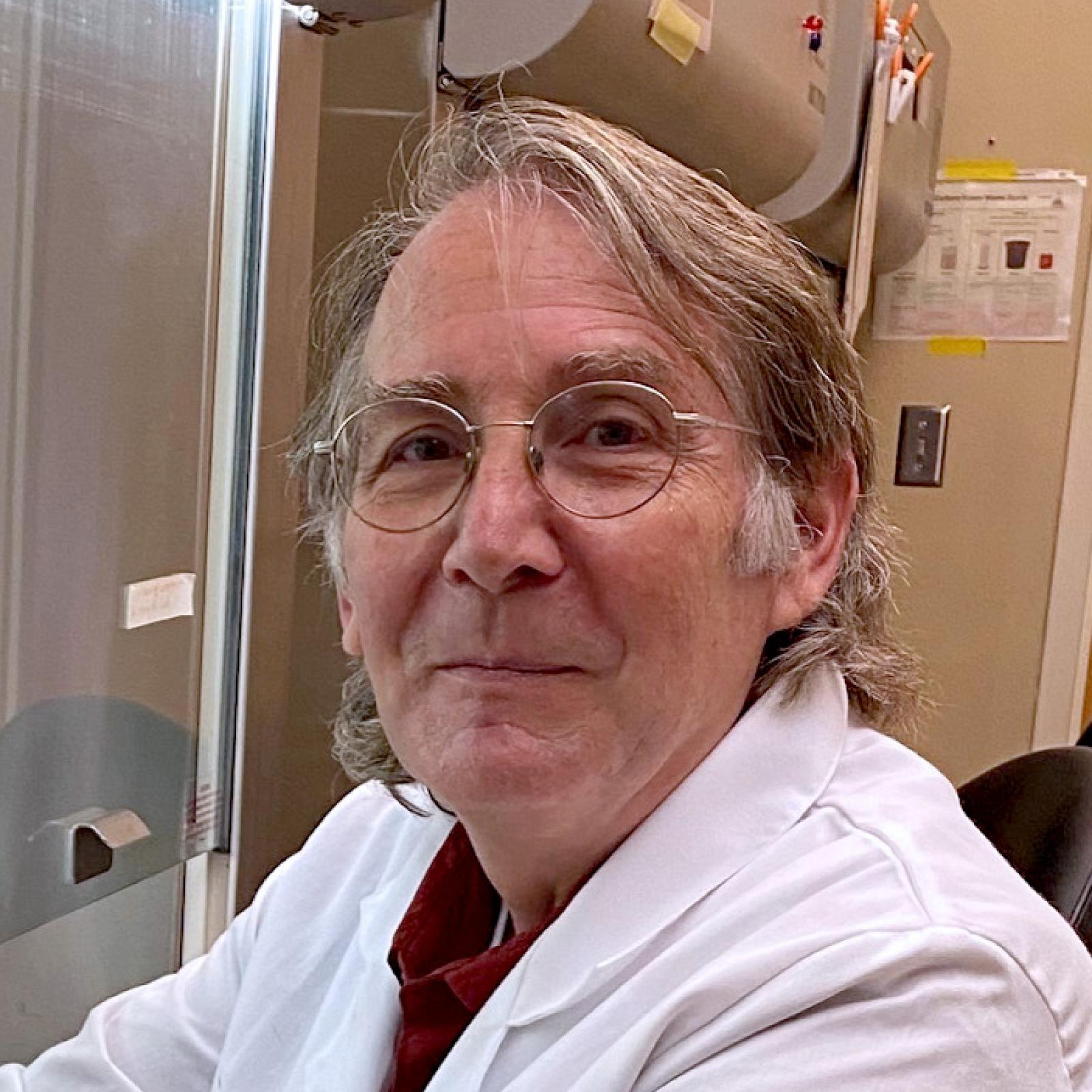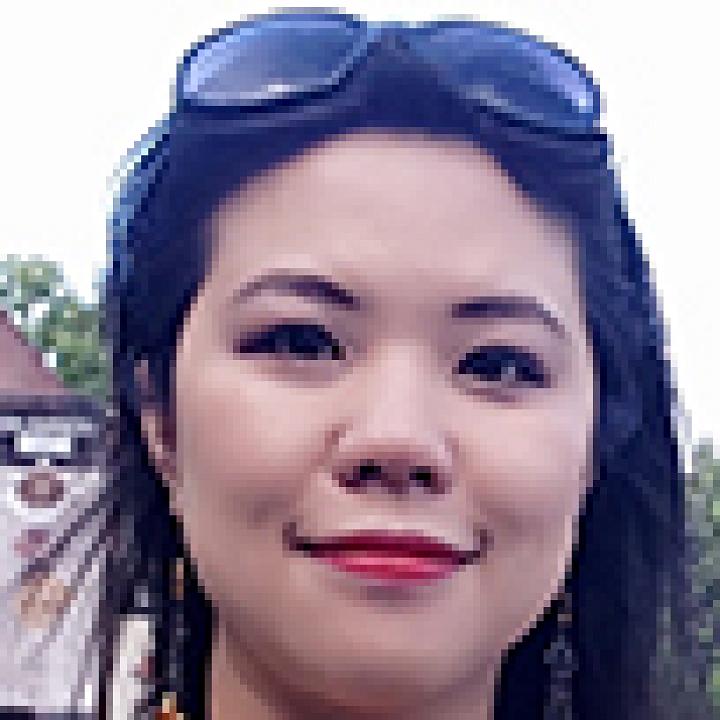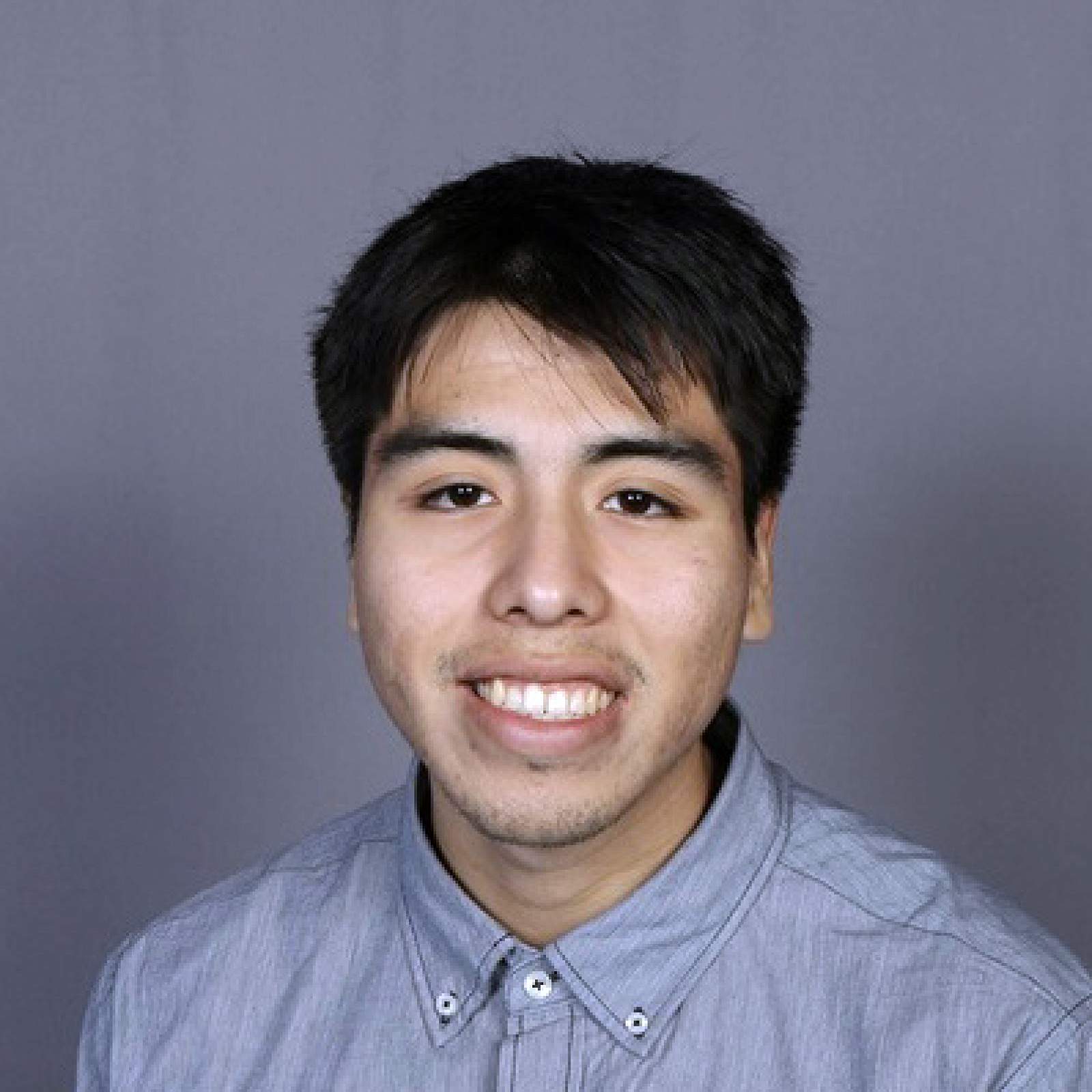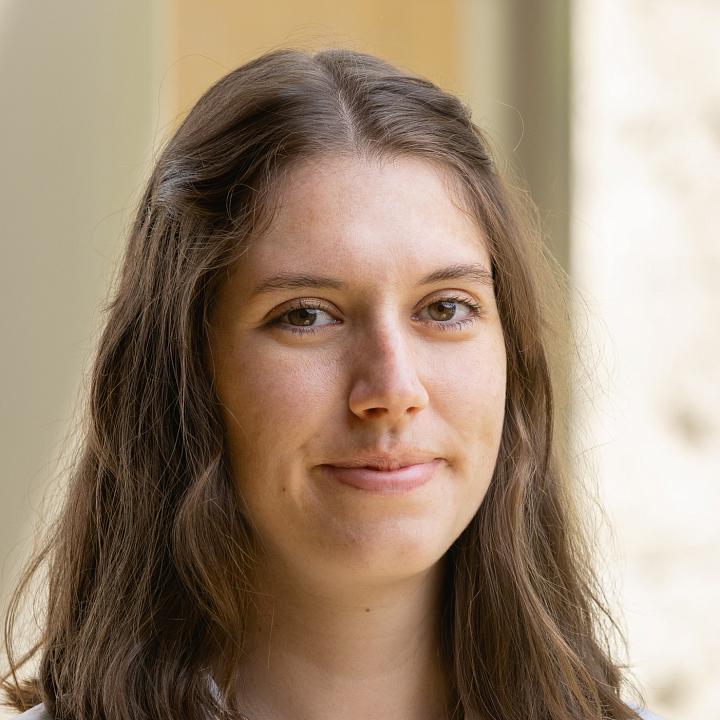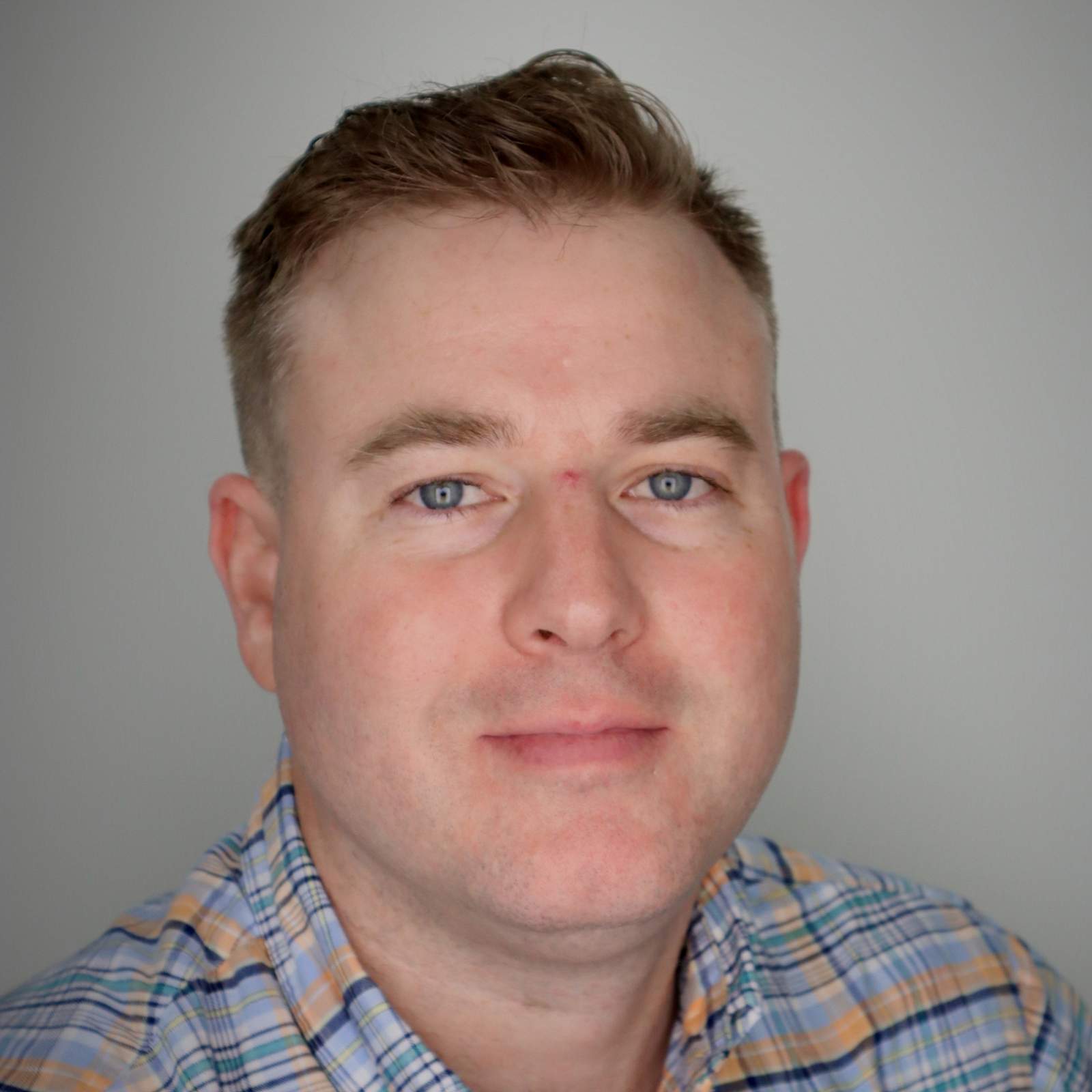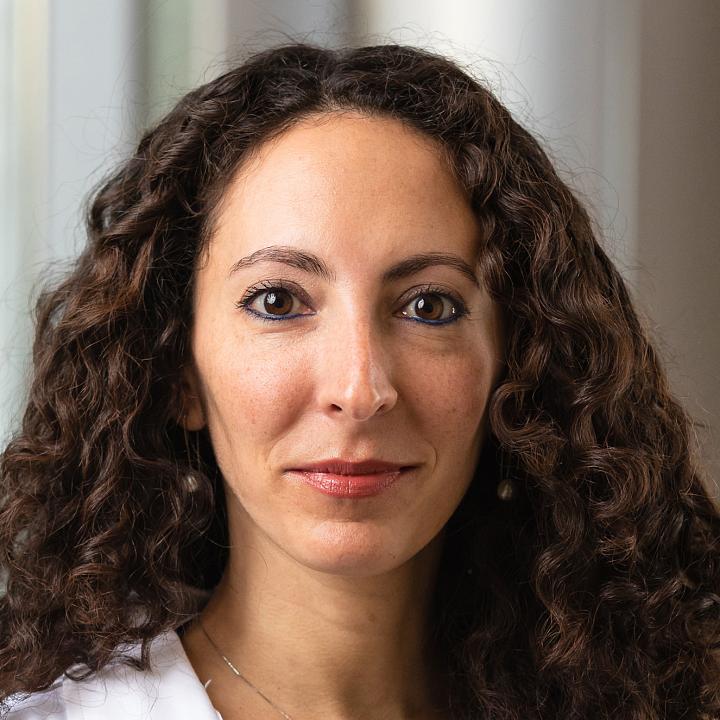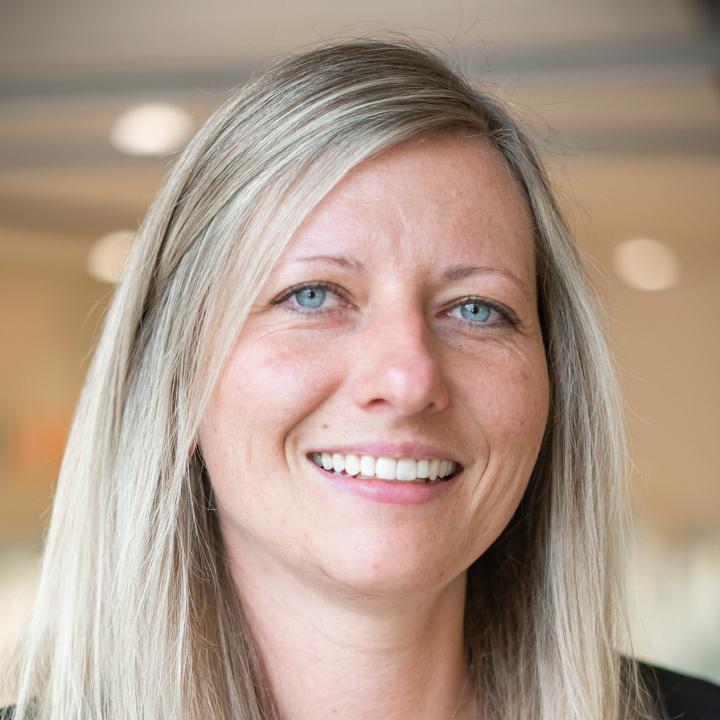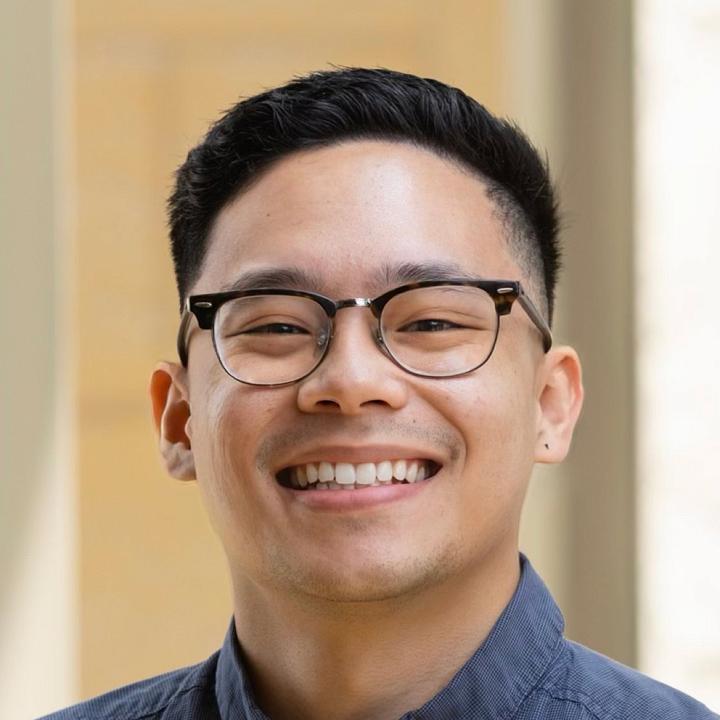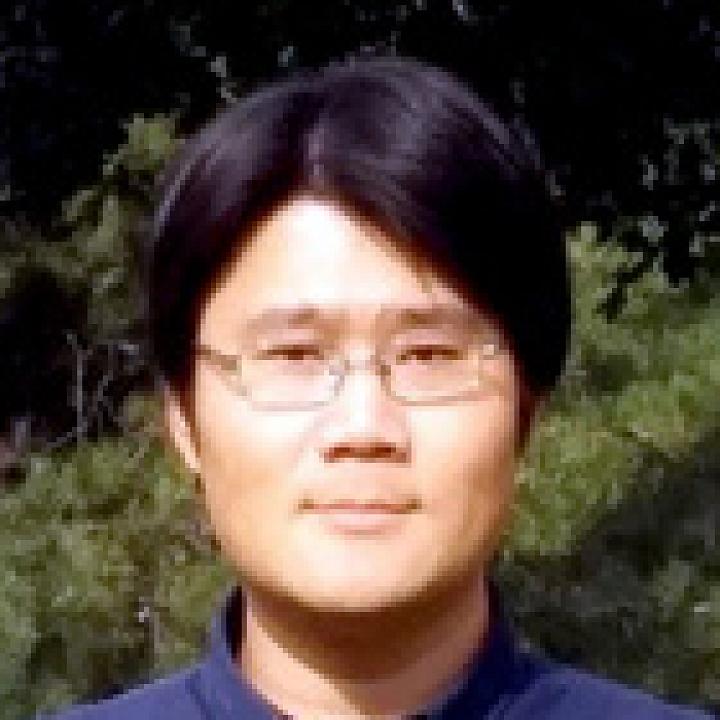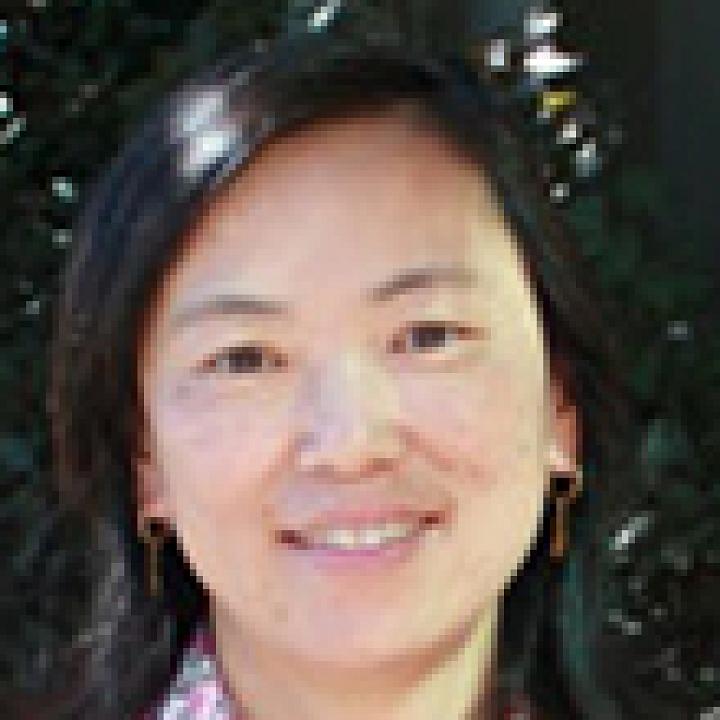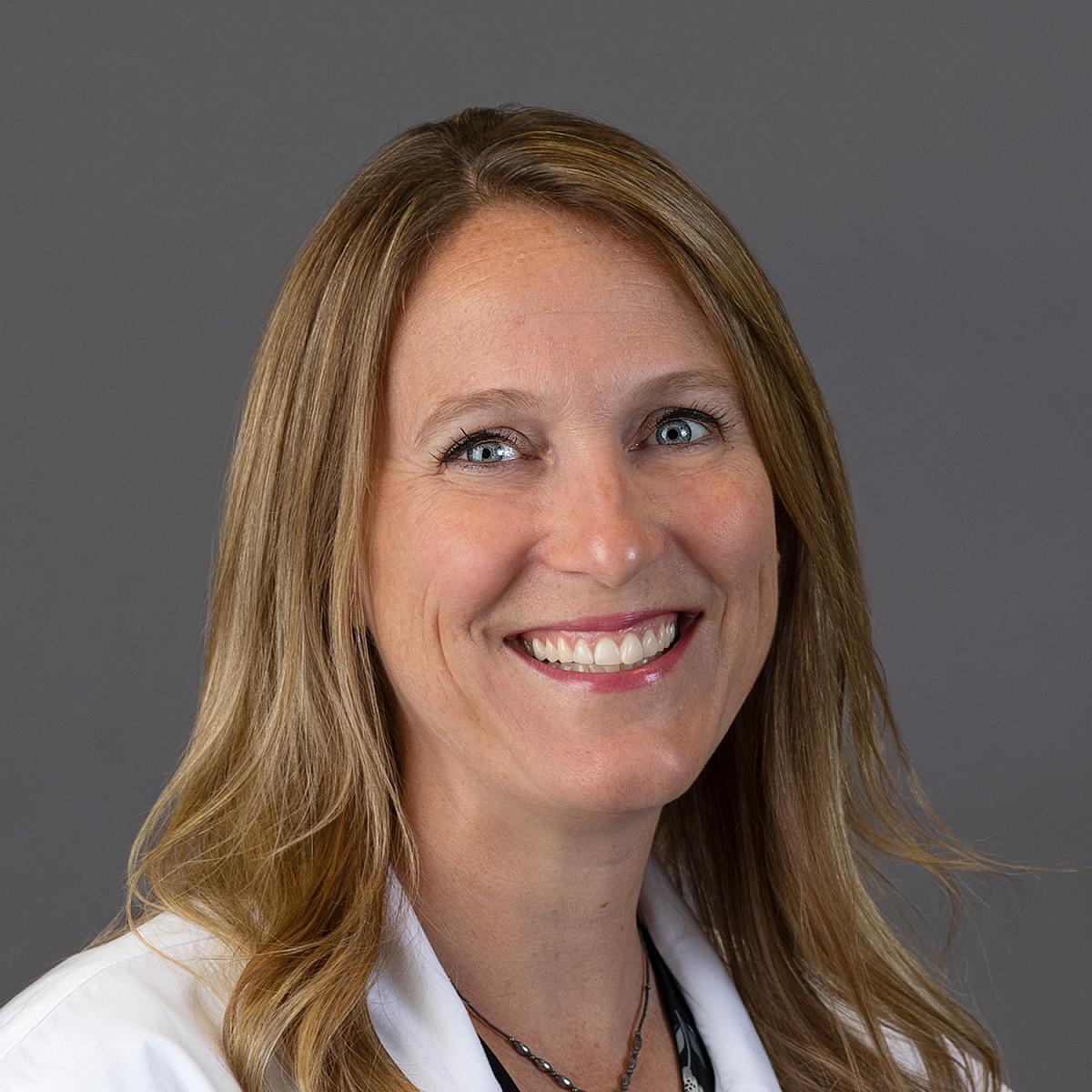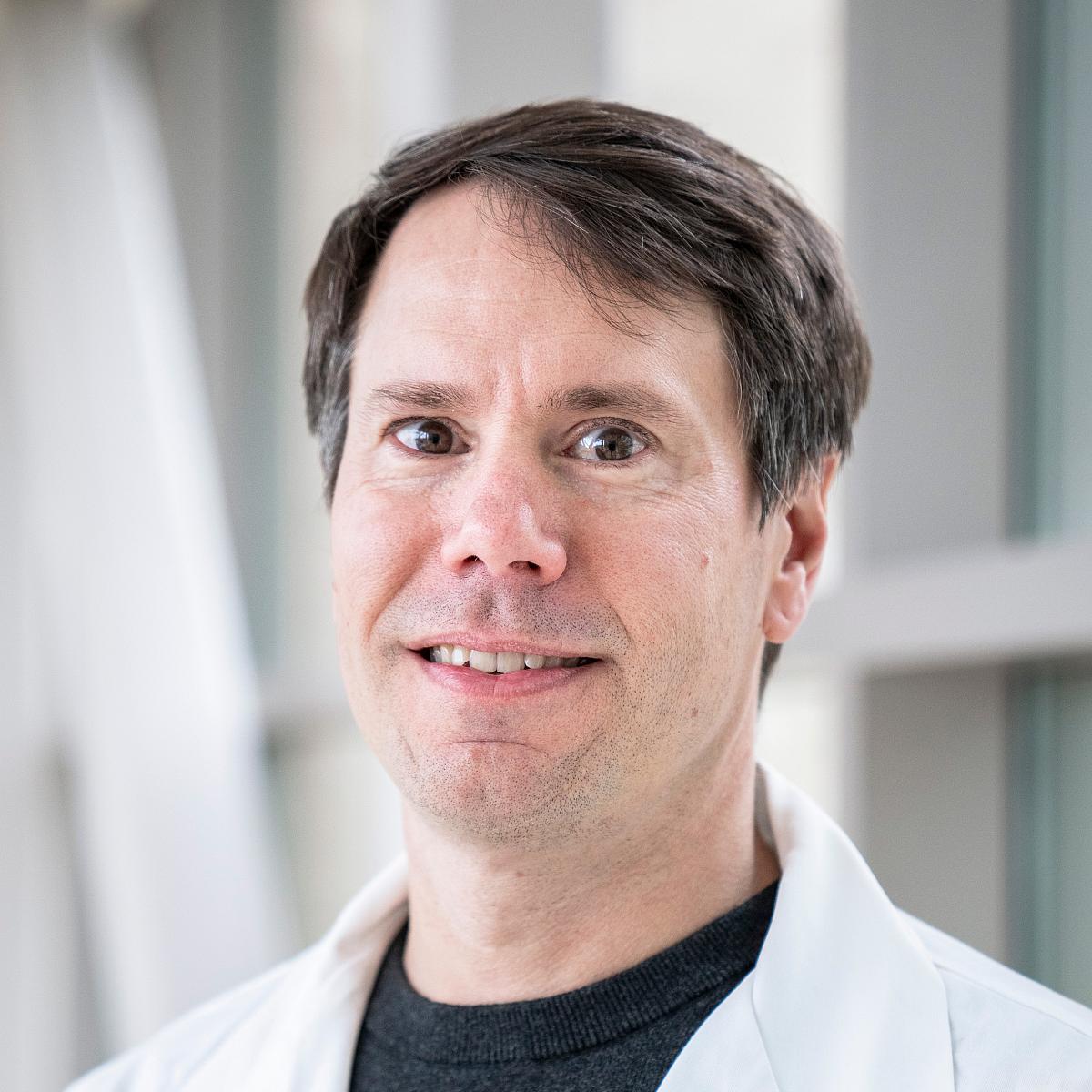
Welm Labs Members

Welm Labs Members
I was born and raised in Malaysia and moved to Michigan to pursue my undergraduate degree in biology at the University of Michigan-Flint. I then completed a PhD in cell and molecular biology at the Van Andel Institute under the mentorship of Drs. Matt Steensma and Carrie Graveel. During my doctoral research, I investigated how germline NF1 mutations alter the extracellular matrix and stromal cells prior to breast cancer formation.
For my first postdoctoral position, I joined the Hilgendorf Lab in the University of Utah’s biochemistry department, where I studied the impact of diet and lipid uptake on breast cancer progression. To further my interest in translational breast cancer research, I began a second postdoctoral fellowship in 2025 with the Welm Lab. My current research focuses on understanding how breast cancer cells remain dormant and transition into metastatic outgrowths. Outside of the lab, I enjoy painting, going to the gym, and good food—either experimenting with recipes or trying new restaurants.
I received my BS in biology from Grambling State University in Louisiana and moved to Utah in 2015 to pursue my PhD at the University of Utah. Currently, I am a postdoctoral research fellow in the Welm lab, working on understanding how patient tumors evolve in response to therapy in patient-derived models of breast cancer. Outside of the lab I enjoy traveling, all things science-fiction, and spectacular sunsets.
I grew up in South Carolina and completed my bachelor’s degree in biomedical engineering at Georgia Tech in 2018. My love of problem solving and strong interest in translational cancer research led me to move out west and join Alana’s lab in 2021 as a PhD graduate student. My thesis primarily focuses on using patient-derived xenograft organoids (PDxOs) to understand and characterize the small molecule SMAC mimetic therapy Birinapant as a new treatment for triple negative breast cancer (TNBC) patients. I work to understand why some TNBC patients are inherently resistant or sensitive to SMAC mimetics, and how we can distinguish them from one another using biomarkers to select for patients who could respond to treatment in the clinic. On the weekends, I’ll usually be hiking, camping, cooking or eating great food, or traveling with my friends and family!
I joined the Welm labs as a senior lab specialist in 2018 when I moved to Salt Lake City from Ohio. My research focuses on personalized precision medicine by establishing breast cancer patient-derived xenograft (PDX) models and performing PDX in vivo drug testing. I obtained my MD at West China University of Medical Science in China and have been working on cancer research for a long time. I like hiking and swimming when I’m outside the lab.
I joined Alana Welm’s lab in 2014 as a postdoctoral fellow and in 2021 accepted a position as a research assistant professor. My research focuses on understanding the receptor tyrosine kinase RON, and its isoform short-form RON (sfRON), in breast cancer metastasis and tumor dormancy. In addition, I am working to evaluate new compounds that target RON and sfRON for their therapeutic efficacy in metastasis models. When I’m not in the lab, I like to be outside on my mountain bike, camping, or climbing indoors.
As lab manager, my current duties include the daily laboratory operations, training associates, and assisting in experimental design and application. I develop and ensure standard operating procedures are maintained and adhered to. I am also responsible for coordinating with collaborators here at the University of Utah and Huntsman Cancer Institute as well as national and international collaborators.
I grew up in Taiwan and I was fortunate enough to travel to Australia to achieve my PhD degree in a double-major project of microbiology and biochemistry. After joining Alana's lab, immunology has become my favorite subject even though it still gives me a headache or nightmare sometimes, but learning how cells work to protect our body is fascinating. As a result, my lab project focuses on the Ron receptor tyrosine kinase and how it functions in the immune system, and how it can be utilized as a strategy for metastasis immunotherapy development. Outside of the lab, I have developed an interest in skiing and all sorts of winter outings (and a few summer outings), and also enjoy a cup of coffee, a glass of wine, or a good vegan meal.
I grew up in Southern California, where I completed my bachelor’s degree in kinesiology at California State Polytechnic University, Pomona. Afterward, I completed my postbaccalaureate education at the University of California, Los Angeles (UCLA), with an emphasis on pre-medical studies. With a goal of becoming an oncologist, my passion for cancer research started as a research intern at the University of Southern California (USC), where I investigated lung cancer health disparities within the African American patient population and developed/expanded novel lung adenocarcinoma cell lines for groups who are underrepresented in medicine/research.
I joined the Welm lab because I wanted to expand my curiosity about another oncological disease, which is breast cancer. I want to use my previous research skills to advance patient-derived organoid models (PDMs) from breast cancer patients and other projects that could lead to drug discovery and better medical treatments. When I am not in the lab, I use my free time to work out, watch anime, cook different cuisines, and spend time with my daughter and spouse.
I grew up in Southern California and attended UC San Diego for my bachelor’s degree. I joined the Welm lab in 2023 as a postdoctoral fellow after completing my PhD at the Department of Immunology at the University of Washington. In Alana Welm’s lab, I study the role of Ron tyrosine kinase in the anti-tumor immune response. On weekends or after lab, I enjoy running, skiing, and playing ultimate frisbee.
I was born and raised in the United States and, from a young age, was fortunate to travel across the U.S. This fostered in me a deep respect and admiration for nature. After high school, I joined the 82nd Airborne Infantry. I completed two tours as a combat infantryman—one in Iraq and one in Afghanistan—before returning to Augusta, GA, where I earned a Bachelor of Science in Chemistry and Biology.
In 2021, I obtained a PhD in bioinformatics from Weill Cornell Graduate School of Medical Sciences. My research focused on genome stability and telomere length in Plasmodium falciparum, the causative agent of malaria. During graduate school, I developed a bioinformatics tool to measure telomere lengths in Plasmodium falciparum. As a postdoctoral fellow, I continued this research by adapting my tool in R and extending its capabilities to human samples.
In Alana Welm’s lab, my role involves data management and developing data science tools to foster collaboration and streamline data sharing among researchers.
In my free time, I enjoy spending time with my wife and son. I’m also excited to explore Utah’s geography.
I am originally from Italy (Sicily) and joined Alana Welm’s lab in October 2019 after completing my PhD in breast cancer at the Beatson Institute in Glasgow, United Kingdom. My research focuses on understanding why a certain proportion of hormone-receptor (HR) positive breast cancer patients relapse after many years from surgery. Using a combination of immune-humanized and patient-derived breast cancer models, we are trying to figure out how HR-positive breast cancer cells can undergo dormancy, linger in the body for a long time in the absence of vital stimuli (such as estrogen), and eventually resume their growth to give rise to deadly metastases. Outside the lab, I like everything that involves the outdoors, whether it is simply going for a walk in pretty neighborhoods or biking, hiking, running, and skiing. Indoors, I love spending my time cooking, watching movies, and reading. I am an extrovert and enjoy meeting new people. If I could and was given the money to do so, I would spend all my time traveling around the world.
I joined Alana Welm’s lab in July 2017, after completing my PhD studying the role of the lymphatic system in breast cancer metastasis at the University of Heidelberg in Germany. My postdoctoral research in Alana’s lab focused on (a) immune humanization of breast cancer patient-derived xenograft (PDX) models, and (b) developing protocols for establishment of organoid models derived from breast cancer patients as a tool for co-clinical studies and precision medicine. After completing my postdoc, I am now working as a research scientist in the lab and, in addition to ongoing research using patient-derived models (PDMs), I focus on managing and organizing the lab-based part of our clinical trials that utilize PDMs, and on implementing cBioportal as a tool for PDM -omics analysis. Outside of the lab, I enjoy everything that involves coffee, mountain biking, camping, and hiking with my German Shepard, or backcountry skiing in the winter.
I grew up in Southern California and went to the University of California, Merced, for my bachelor's degree in molecular and cellular biology. My interest in the immune system's role in diseases led me to join Alana Welm's lab in 2021. My project focuses on the role of Short-Form RON, an isoform of the receptor tyrosine kinase RON, in the anti-tumor immunity response against breast cancer bone metastasis. I specifically want to delineate the importance of specific immune cells in the anti-tumor response dependent on the loss of Short-Form RON. When I am not in the lab, you'll find me eating out, binge-watching shows/movies, traveling, or sleeping.
I joined Alana Welm’s lab in 2018 as a postdoctoral fellow. My research goal is to develop personalized precision medicine for breast cancer patients. I am using a panel of breast cancer patient-derived organoid models to perform drug screening in a high-throughput manner, which allows prediction of cancer patient treatment response and identification of effective therapeutic compounds to improve patient care.
My primary focus involves creating and nurturing advanced patient-derived organoid models (PDM) from breast cancer patients. These models are instrumental in drug discovery and functional precision medicine. I work closely with a diverse team to transform patient samples into sophisticated organoids, ensuring they accurately mimic breast cancer properties. My role also encompasses analyzing and interpreting data from these models to inform our research. Overall, my work is pivotal in advancing breast cancer research and treatment strategies.

